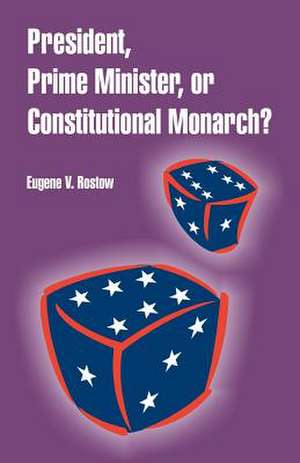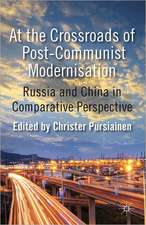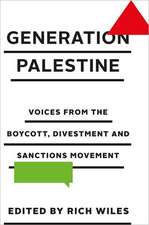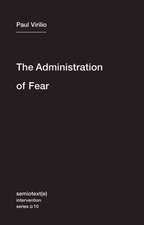President, Prime Minister, or Constitutional Monarch?
Autor Eugene V. Rostowen Limba Engleză Paperback – 31 dec 2004
Preț: 68.37 lei
Nou
Puncte Express: 103
Preț estimativ în valută:
13.08€ • 14.26$ • 11.02£
13.08€ • 14.26$ • 11.02£
Carte tipărită la comandă
Livrare economică 24 aprilie-08 mai
Preluare comenzi: 021 569.72.76
Specificații
ISBN-13: 9781410219688
ISBN-10: 1410219682
Pagini: 56
Dimensiuni: 140 x 216 x 3 mm
Greutate: 0.08 kg
Editura: University Press of the Pacific
Locul publicării:United States
ISBN-10: 1410219682
Pagini: 56
Dimensiuni: 140 x 216 x 3 mm
Greutate: 0.08 kg
Editura: University Press of the Pacific
Locul publicării:United States













